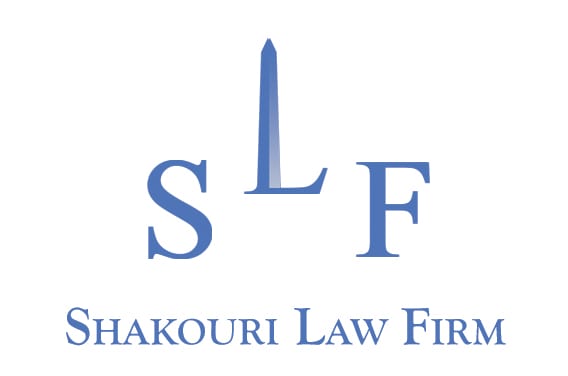Meal Periods
What are the basic requirements for meal periods under California law?
Under California law , employees must be provided with an off-duty, uninterrupted thirty-minute meal period when they work more than five hours (more than six hours for employees in the motion picture industry). Unless the employee is relieved of all duty during the entire thirty-minute meal period and is free to leave the employer’s premises, the meal period shall be considered “on duty,” counted as hours worked, and paid for at the employee’s regular rate of pay. An “on duty” meal period will be permitted only when the nature of the work prevents the employee from being relieved of all duty and by a written agreement between the employer and employee. The test of whether the nature of the work prevents an employee from being relieved of all duty is an objective one. An employer and employee may not agree to an on-duty meal period unless, based on objective criteria, any employee would be prevented from being relieved of all duty based on the necessary job duties. Some examples of jobs that fit this category are a sole worker in a coffee kiosk, a sole worker in an all-night convenience store, and a security guard stationed alone at a remote site.
What are the timing requirements for when any required first or second meal period must be provided during the workday?
In general, when an employee works for more than five hours, a meal period must be provided no later than the end of the employee’s fifth hour of work (in other words, no later than the start of the employee’s sixth hour of work). When an employee works for more than 10 hours, a second meal period must be provided no later than the end of the employee’s tenth hour of work (in other words, no later than the start of the employee’s eleventh hour of work).
My employer is not allowing me to take a meal period. Is there anything I can do about this situation?
Yes, there is something you can do if you are covered by the meal period requirements of the law. If your employer fails to provide the required meal period, you are to be paid one hour of pay at your regular rate of compensation (this is referred to as meal period premium pay) for each workday that the meal period is not provided. If your employer fails to pay the additional one-hour’s pay, you may file a lawsuit against your employer.
If the employer relieves the employee from all duties during their meal period, but the employee freely chooses to continue working, is the employer liable for meal period premium pay?
No, the employer would not be liable for meal period premium pay where there is relief from all duties and no control over the employee during that time (and no discouragement or coercion from the employer against taking the meal period). However, in this circumstance, an employer that knows or has reason to know an employee is performing work during the meal period owes compensation to the employee for the time worked.
Can my employer require that I stay on its premises during my meal period?
If your employer requires that you remain on its premises during your meal period, you are considered to be under your employer’s control during that time. Therefore, your employer must pay you a meal period premium and also pay you for that time.
What can I do if my employer retaliates against me because I asked him why we don't get a meal period?
If your employer discriminates or retaliates against you in any manner whatsoever, for example, he discharges you because you asked or complained about not getting a meal period, you can file a lawsuit against your employer.
